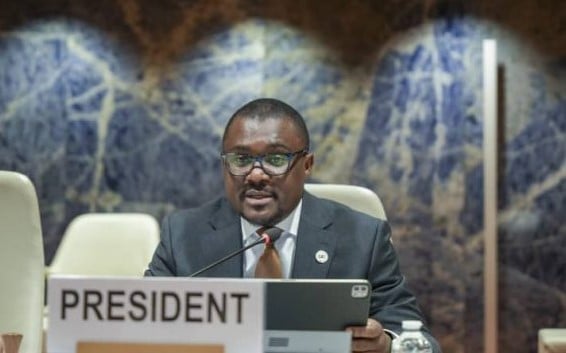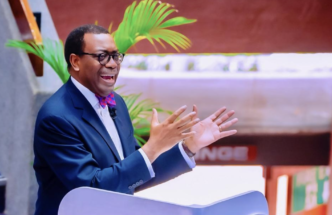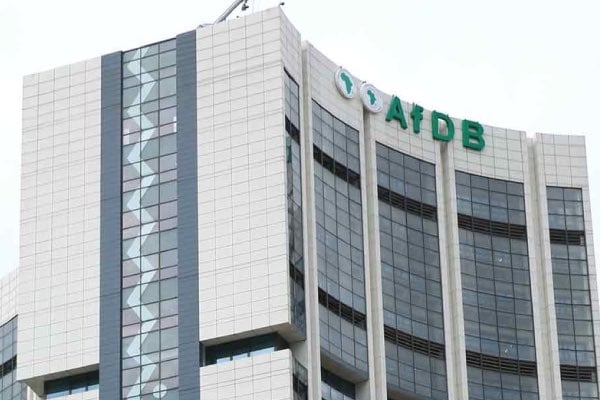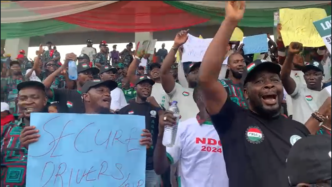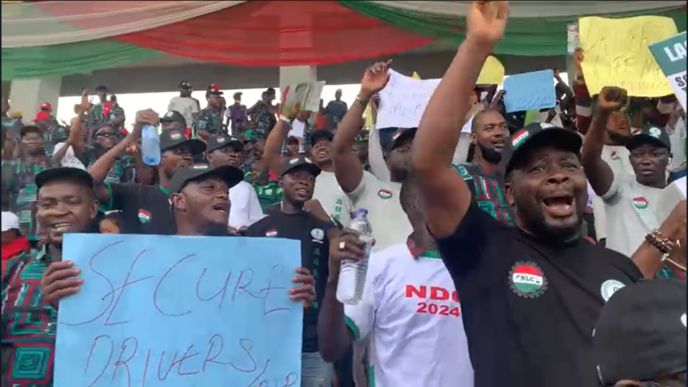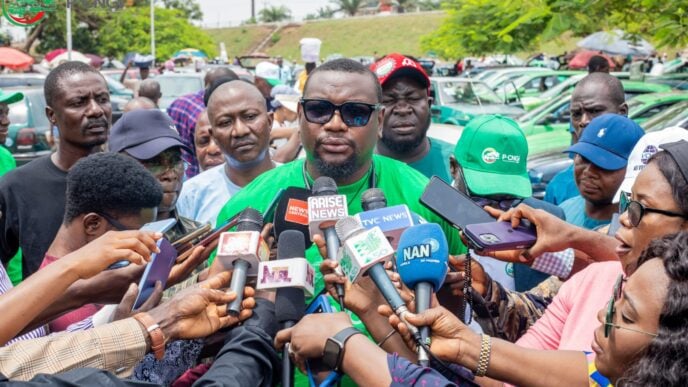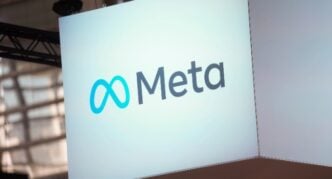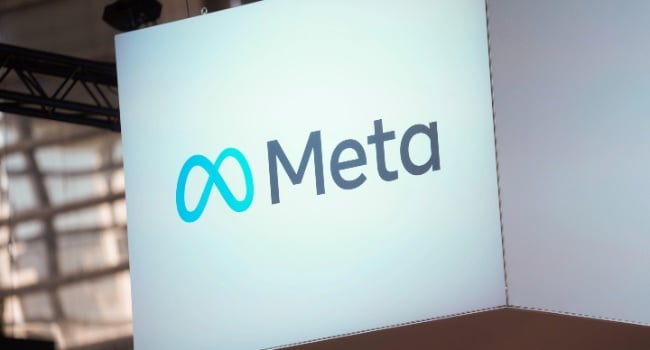Rabiu Olowo, FRC’s chief executive officer (CEO)
The Financial Reporting Council (FRC) of Nigeria says the country’s economy is not yet eligible to be addressed as hyperinflationary due to its positive economic outlook.
On January 23, the council said Nigeria does not qualify as a hyperinflationary economy under existing standards.
In a statement on Wednesday, Rabiu Olowo, FRC’s chief executive officer (CEO), said the council’s latest conclusion is an addendum to its earlier position on the matter.
The Olowo said the FRC’s position is also sequel to the release of the World Economic Outlook (WEO) report by the International Monetary Fund (IMF) on April 22 and the rebasing of the economy in January by National Bureau of Statistics (NBS), which has impacted the gross domestic product (GDP) and inflation rate.
Advertisement
“As stated in the earlier release on 22nd January, 2025, determining hyperinflation requires significant judgment and consideration of all relevant indicators,” Olowo said.
“The FRC concludes that Nigeria is not yet a hyperinflationary economy due to the positive economic outlook that has strengthened the Council’s earlier position.”
Therefore, he said IAS 29 should not be applied in the preparation of financial statements for the 2025 financial year.
Advertisement
The IAS 29, or International Accounting Standard 29, is a set of rules for financial reporting in hyperinflationary economies.
It provides guidance on how entities should account for the effects of hyperinflation on their financial statements when their functional currency is the currency of a hyperinflationary economy.
Olowo said the FRC will continue to monitor economic developments and update its position when necessary.
HOW FRC DETERMINED THAT NIGERIA IS NOT A HYPERINFLATIONARY ECONOMY
Advertisement
The FRC boss said the council engaged various stakeholders, including external auditors and government regulatory agencies, for an objective evaluation of the five indicators of a hyperinflationary economic environment in a country.
He said the council evaluated five indicators to determine whether Nigeria’s economy is hyperinflationary.
The FRC CEO insisted that the country does not qualify as a hyperinflationary economy because the council assessed that the general population prefers to “keep its wealth in non-monetary assets or in a relatively stable foreign currency”.
He added that amounts of local currency are immediately invested to maintain purchasing power.
Advertisement
Olowo also said the country’s general population regards monetary amounts not in terms of the local currency but in terms of a relatively stable foreign currency, adding that “prices may be quoted in that currency”.
Similarly, the CEO stated that sales and purchases on credit occur at prices that compensate for the expected loss of purchasing power during the credit period — “even if the period is short”.
Advertisement
Additionally, he said interest rates, wages, and prices are linked to a price index.
However, the FRC boss said Nigeria’s cumulative inflation rate over three years is approaching or exceeding 100 percent.
Advertisement
Another relevant factor used in assessing Nigeria, Olowo said, is the “return of crude oil sale in naira to Dangote refinery”.
He said the initial rise in the prices of refined petroleum products, “as a result of NNPC stopping the sale of crude to Dangote Refinery in naira, has been reversed by the return of the policy culminating in stability and slight reduction in the price of the products across the country”.
Advertisement
